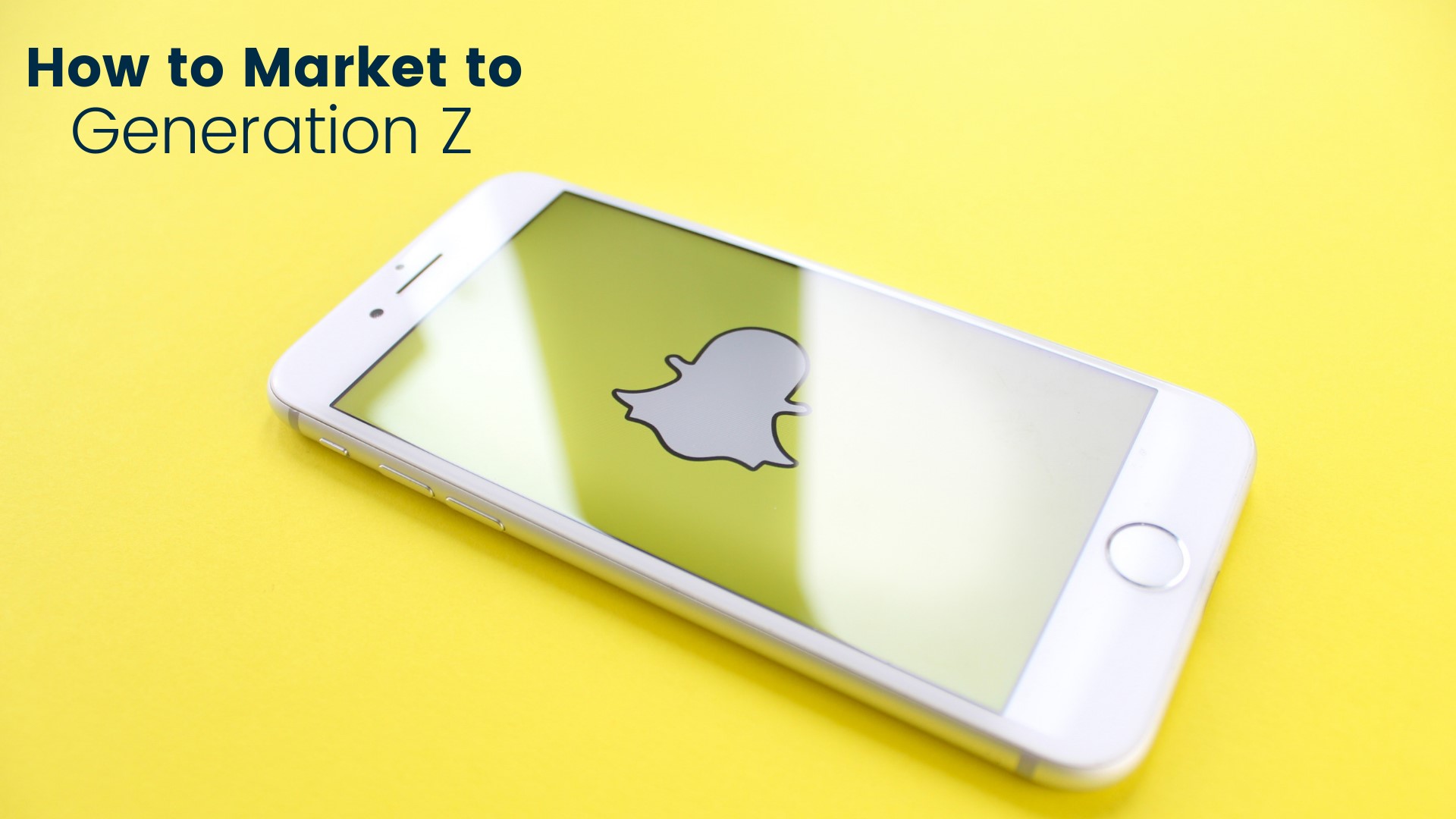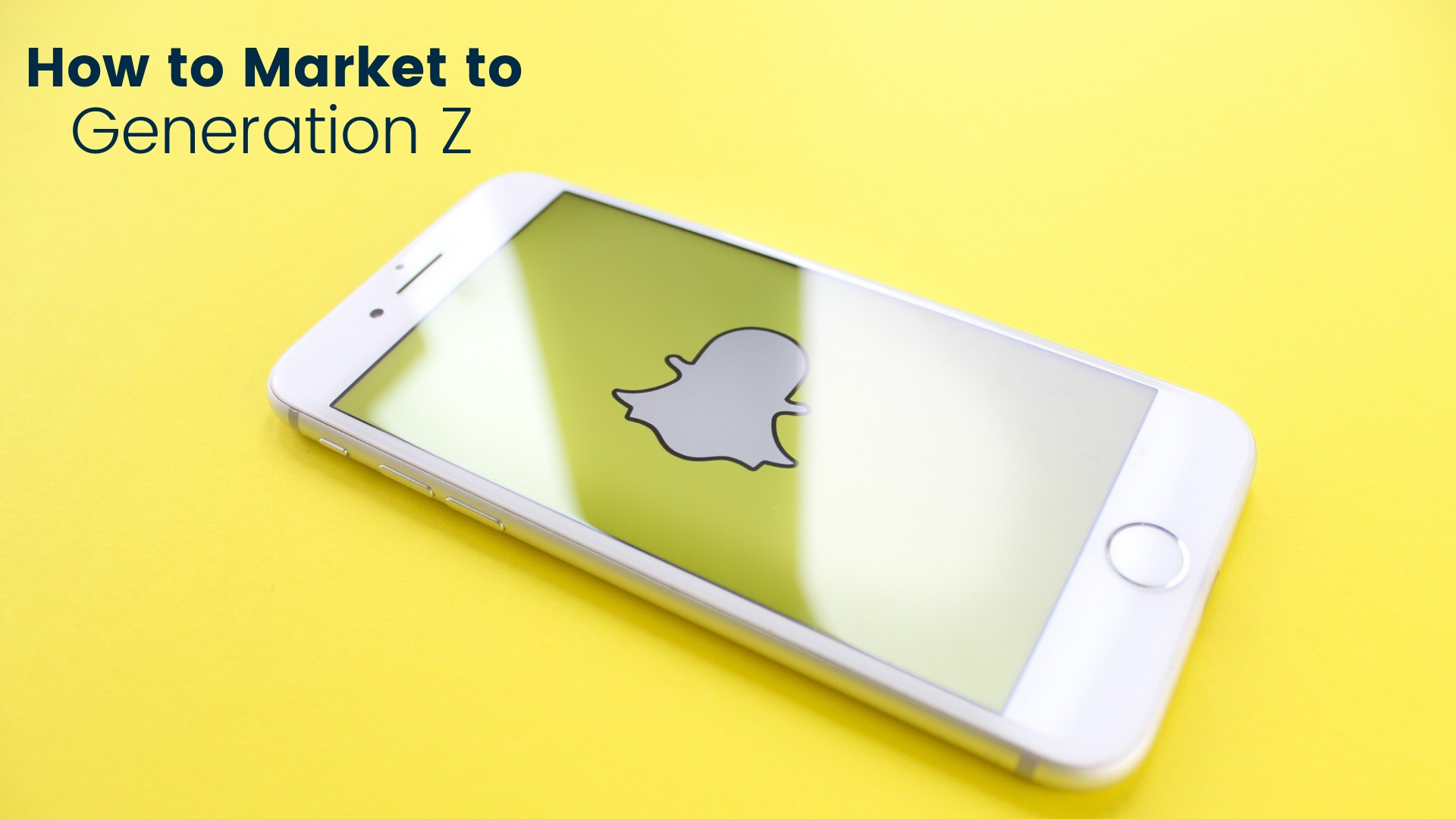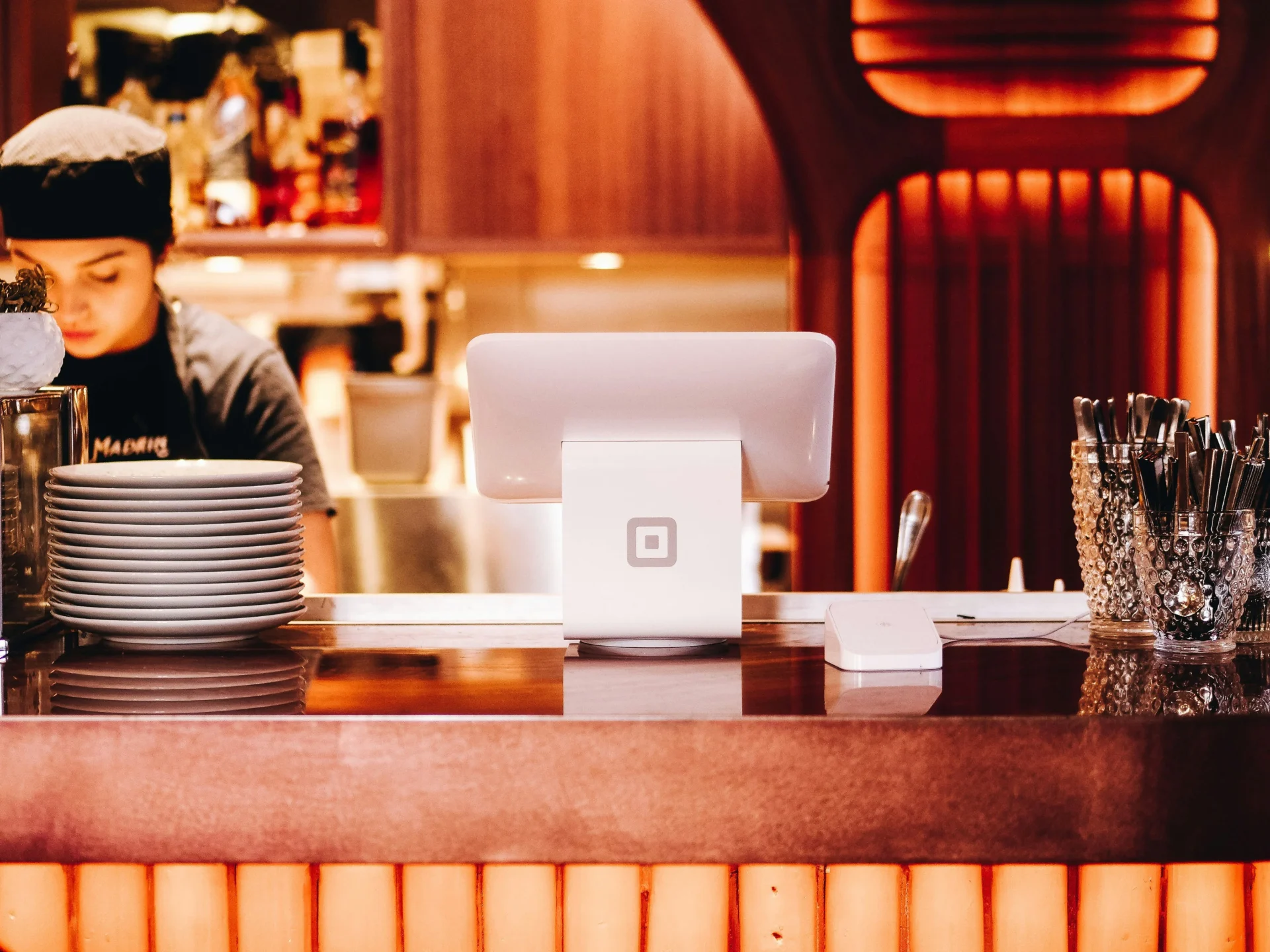Many brands assume that because their current marketing tends to fail to capture Gen Z in a meaningful way, that marketing to Generation Z, also known as the iGeneration, is not a worthwhile endeavor. However, this could not be further from the truth. How do you update your marketing strategy to attract the iGeneration and improve your Generation Z advertising? Start by following these tips!
Is the focus on Millennials finally over? As members of Generation Z come of age, they are proving to be an invaluable target demographic, and one that has proven to be particularly hard to reach. Gen Z, those who were born after 1995, have grown up in a world that has always been connected by the internet, their passions and pain points are different than the generations before them and given their access and existence in a digital world, they are not easily reached by traditional marketing. Many brands assume that because their current marketing tends to fail to capture Gen Z in a meaningful way, that marketing to Generation Z, also known as the iGeneration, is not a worthwhile endeavor. However, this could not be further from the truth.
How do you update your marketing strategy to attract the iGeneration and improve your Generation Z advertising? Start by following these tips!
Brand Transparency
Generation Z takes trust seriously, and they prefer to make purchases from brands that they feel are honest with them. By employing transparency, brands can establish a sense of trust with their consumers, specifically, their Gen Z consumers. Being upfront about pricing, service fees, and even where your materials are sourced are all ways that brands can show they put people over profits, which is key for post-Millennials.
Brands that are asking themselves how to market to Generation Z should share almost to the point of oversharing. Make everything accessible to your consumers, even the ugly, and then show how you are going to improve it. Show potential buyers that your company is not only aware of its shortcomings, but is actively trying to improve, be that in the realm of environmental impact, cost efficiency, or employee satisfaction. Remember, at a bare minimum it is critical to be upfront and transparent about how you will use any data collected from your customers. Give them the option to opt out of newsletters, and be sure to add a disclaimer if their info will be used for targeted ads.
Social Experiences
The way that members of Generation Z enjoy and process lived experiences is different than previous generations. Every experience is an opportunity for documentation, sharing, and building their personal brand. It is crucial to remember that this generation has matured alongside the internet and are more critical and protective of their “personal brand” or online and social media presence. Consider the shareability of each aspect of your brand during planning, branding, and re-branding efforts. Is your Instagram handle on your merchandise packaging? It should be! How about your brand #hashtag? Add it! Employ user-generated-content campaigns to drive brand recognition and engagement, and don’t forget about experiential marketing.
By planning and hosting their own experiential marketing events, brands can drive awareness and engagement through news coverage, user-generated-content, and word of mouth via social buzz. Pop-up photo-opportunity events, such as Refinery29’s 29Rooms, a live display of current design and lifestyle trends, or Disney’s Mickey: The True Original Exhibition, a pop-up gallery which celebrated 90 years of America’s most beloved mouse, are all the rage in metropolitan areas with high foot traffic.
Become Early Adopters
Platform Trend Setters
The app Tik Tok might as well be called “how to market to Generation Z”, as the platform is rapidly gunning to be the Vine replacement so many internet users have been hopeful for. Currently, according to Apptopia, there are 40 million mostly iGeneration demographic users on Tik Tok alone, and there are plenty of other often-overlooked platforms just like it. Building a brand profile or presence in addition to partnering with influencers on new and emerging platforms not only helps to establish your brand as early adopters or even trendsetters, but it allows your brand to tap into a largely un-touched audience as a peer rather than a corporate invader.
Mobile First Design
Members of Generation Z almost solely use their phones or tablets for their daily online interactions. This generation is adjusted to only using computers for school or work, and are not likely to use a desktop in their spare time. If your brand is actively working on marketing to Generation Z, your site, ads, and user experience should be built with mobile devices in mind as the top priority. Be sure that your site is fast, easy to navigate, and aesthetically pleasing on smaller screens.
Reduce Your Facebook Focus
It seems counter-intuitive because as marketers we know that Facebook is the social media giant, but Generation Z doesn’t see it that way! While it may hurt to hear, 34% of US teens think that “Facebook is for old people” and are less likely to engage on the platform. Facebook is still a valuable means of marketing to Generation Z, but it should not be your brands only focus. In fact, Snapchat is overwhelmingly the favorite platform among US teens. Get creative with Snapchat Ads, Instagram Stories, and Instagram Ads for content that will truly reach Gen Z.
The Community of Values
Much like Millennials, Generation Z wants to help make the world a better place, and they will consider their values with each purchase they make. Because they are digital natives, this demographic is hyper-aware of the challenges faced by society today, and are highly capable of blocking out marketing content they don’t want to see. To succeed, brands should consider aligning themselves with people and causes that are important and relevant to them, and they should practice what they preach.
Influencers
There are influencers with large followings in every niche cause imaginable, but it is critical that you don’t just throw a bunch of causes at the wall and see what sticks. Any cause that your brand aligns with needs to be relevant to their message, product, or services. For example, restaurants considering how to market to Generation Z can partner with individuals and organizations that work to reduce food waste and end world hunger to pique the interest of socially conscious consumers. When working with causes, remember that influencers are not just individuals with a high engagement ratio and follower count, they can also be established non-profits, charities, and even other brands.
Integrity
Partnering with influencers and aligning your brand with causes will prove a fruitless endeavor if your brand does not talk the talk and walk the walk. If your brand is advocating for a cause, everything your brand does needs to fall in line with that cause. Let’s say your brand partners with a local non-profit to end food waste, but still throws away excessive quantities of food, your brand would risk a PR nightmare, and a total loss of trust from its consumer base. When practicing moral and message based marketing, it is critical to practice what you preach.
Understand Their Pain Points
Members of Generation Z have been dealing with a constant barrage of digital platforms simultaneously competing for their time. Given their digital native status, they tend to be more frustrated with long-form advertisements, avoid text and still image ads in general, and have a higher focus on education and entrepreneurship. All of these characteristics need to be considered when deciding how to market to Generation Z for your brand.
Bite-Sized Ads
Generation Z members tend to skip longer-form advertisements, even when they are video ads. When planning out advertisement placements for various demographics, it can be more valuable to target longer content to Millennials, whereas Generation Z ads should be placed where shorter content is the norm. YouTube bumper ads, Snapchat, and Instagram Stories ads are all excellent channels for short-form advertisements. Keep in mind that video ads will typically have better performance with Generation Z than text or image advertisements.
Education and Entrepreneurship
While they tend to place less value on traditional education, the iGeneration is fully aware of how much they can learn online and prefers to take advantage of this access to learning. Offer opportunities for education wherever applicable. E-books, whitepapers, and lesson videos can all be paired with advertising campaigns as lead magnets and can be used for collecting information and dropping users into a sales funnel, while also positioning your brand as an educator and industry expert.
Having been born into the world of online start-up companies, members of Generation Z are increasingly more interested in starting their own businesses, even directly out of college. Take advantage of this interest by sharing advice, posting behind-the-scenes looks at what it truly takes to run a business, and even positioning your company CEO or Founder as an industry thought-leader and role model.
Please contact fishbat for more information about what you’ve just read.





